Read time: 4 minutes, 30 seconds
As we grow older, various changes occur in the brain that can impact cognitive abilities. One change is the gradual loss of brain cells in regions associated with learning and memory. This loss can affect memory formation and retrieval. There is also a decline in the production of neurotransmitters. These chemical messengers are essential for communication between brain cells. This decline can lead to slower processing speed and decreased cognitive flexibility.
The brain’s blood vessels also undergo changes. They become less efficient at delivering oxygen and nutrients to brain cells. This can impair cognitive function and increase the risk of conditions like dementia. Research indicates that lifestyle factors can help mitigate age-related decline. They can also help maintain cognitive function for longer.
Lifestyle choices play a crucial role in influencing brain health. Regular exercise is one such lifestyle choice. It increases blood flow to the brain, delivers essential nutrients and removes toxins. It also supports survival and stimulates the development of new brain cells.
Adopting a brain-healthy lifestyle with these 9 habits listed below can improve cognitive function, enhance memory, and delay brain aging.
1. Regular exercise
Regular exercise delays brain aging by promoting increased blood flow to the brain. This enhances the delivery of oxygen and nutrients necessary for optimal brain function. This habit also stimulates the release of growth factors. These are important for the growth of new neurons and connections between brain cells. Regular physical activity also leads to a reduction in age-related brain shrinkage. This lowers the risk of cognitive decline and neurodegenerative diseases.
Further Read: Stay mentally fit with these 8 brain exercises
Aim for at least 30 minutes of exercise every day with a variety of activities that you enjoy. Examples include strength training, walking, jogging, or swimming. Any type of regular aerobic exercise will increase blood flow to the brain and promote brain health.
2. Healthy diet
A healthy diet can significantly delay brain aging by providing essential nutrients to the brain. These essential nutrients support optimal brain function and protect against age-related cognitive decline. These nutrients include omega-3 fatty acids, antioxidants, and vitamins. These particular ones improve cognitive performance and reduce the risk of neurodegenerative diseases.
Also Read: The Role of Nutrition in Healthy Aging
A diet rich in whole foods such as fruits, vegetables, whole grains, and lean proteins provide benefits beyond delayed brain aging. These foods help maintain a healthy weight and manage other conditions such as hypertension and diabetes.
3. Sufficient sleep
Sufficient sleep delays brain aging by ensuring proper memory consolidation and cognitive restoration. During sleep, the brain clears out metabolic waste products that can accumulate throughout the day. This elimination of waste promotes brain health.
Chronic sleep deprivation has the opposite effect. It can increase cognitive decline and impair memory function. Both of these increase the risk of neurodegenerative disorders.
Also Read: Sleep Hacks to Upgrade your Sleep
Make sure you prioritize your sleep, as it plays a crucial role in delaying brain aging. Aim for 8-10 uninterrupted hours per night.
4. Social interaction
Social interaction can delay brain aging by providing cognitive stimulation and emotional support. Engaging with other humans stimulates the brain and promotes new neural connections. It also reduces risk of loneliness and depression. Both of these can accelerate cognitive decline and increase risk of neurodegenerative diseases.
When I say social interaction, I’m not talking about digital interactions through a phone or computer. Commenting, DMs or texting does not have the same benefit as in person interaction. The best king of human interaction involves physical presence. This allows your brain to interpret body language and create stronger emotional connections. It also improves emotional intelligence which boosts self-awareness and the quality of relationships.
Make an effort to have a conversation with a stranger. Or better yet make plans to go hang out with people you can tolerate for more than 10 minutes.
Another option is to participate in group activities. Join a group that meets around a topic or activity that interests you. Examples include a hiking club, mastermind group, book club, or recreational sports team. Social engagement is very important for stimulating the brain and promoting general well-being.
5. Stress management
Effective stress management delays brain aging by reducing the impact of chronic stress on the brain. Chronic stress can lead to structural and functional changes in the brain. This includes the shrinking of key brain regions involved in memory and cognition.
Stress reduction techniques lower stress levels and mitigate age-related cognitive decline. Examples include mindfulness, relaxation exercises, and engaging in enjoyable activities.
6. Intellectual stimulation
Intellectual stimulation delays brain aging by promoting new neural connections. Mentally stimulating activities challenge the brain and help maintain cognitive function. Research suggests that a mentally active lifestyle lowers the risk of cognitive decline. It also reduces the likelihood of developing neurodegenerative diseases.
Engage in intellectually stimulating conversations. Get into a friendly debate. Learn a new skill. Attend lectures and workshops to keep your brain active and continuously learning.
7. Stay hydrated
Staying hydrated supports optimal brain function and maintains cognitive performance as you age. Brain cells depend on proper hydration to carry out important cellular activities. Dehydration can lead to a variety of cognitive impairments. These include decreased focus, memory problems, and reduced cognitive flexibility. Adequate hydration ensures individuals protect brain health and optimize cognition as they age.
Further Read: Hydrating for Health, Anti-Aging and Performance
8. Limit alcohol consumption
Limiting alcohol consumption reduces the risk of cognitive impairment and neurodegenerative diseases. Chronic heavy drinking can lead to shrinkage of brain tissue, cognitive decline, and memory problems. By moderating alcohol intake (or abstaining altogether), individuals can protect their brain health, preserve cognitive function, and lower the risk of age-related brain disorders.
9. Maintain a positive mindset
Maintaining a positive mindset can delay brain aging by reducing chronic stress and promoting overall psychological well-being. Chronic stress leads to accelerated brain aging and cognitive decline. A positive mindset can help counteract the negative effects of that stress on the brain. A positive outlook combined with healthier lifestyle choices helps delay age-related cognitive decline.
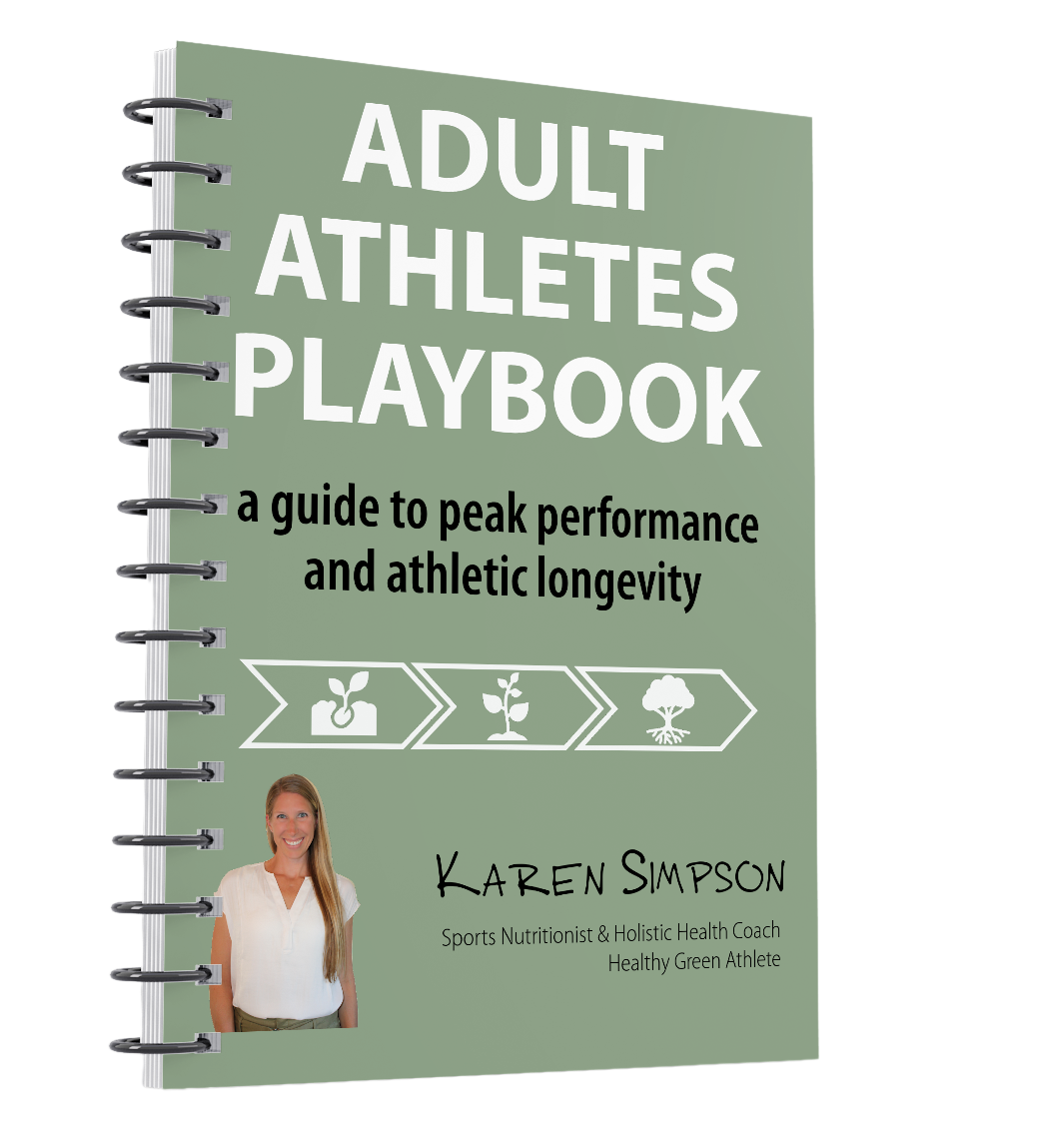
Adult Athletes Playbook
A Guide to Peak Performance and Athletic Longevity
This playbook will help you develop and implement a personalized game plan for improving athletic performance.


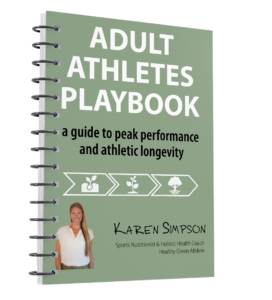



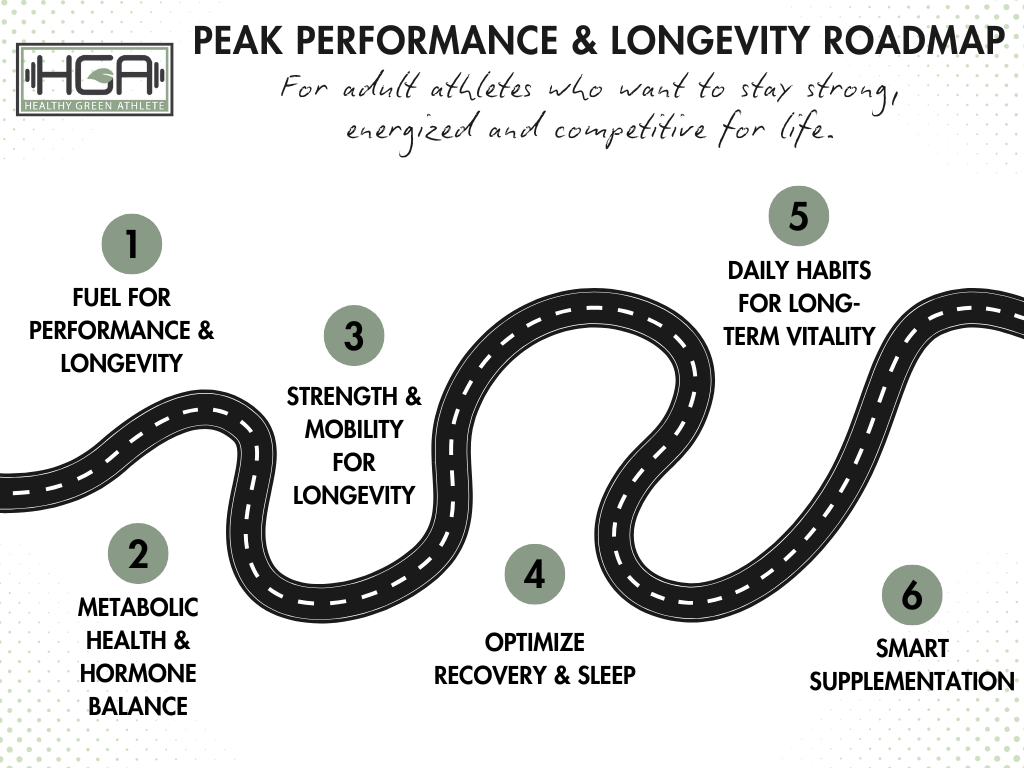
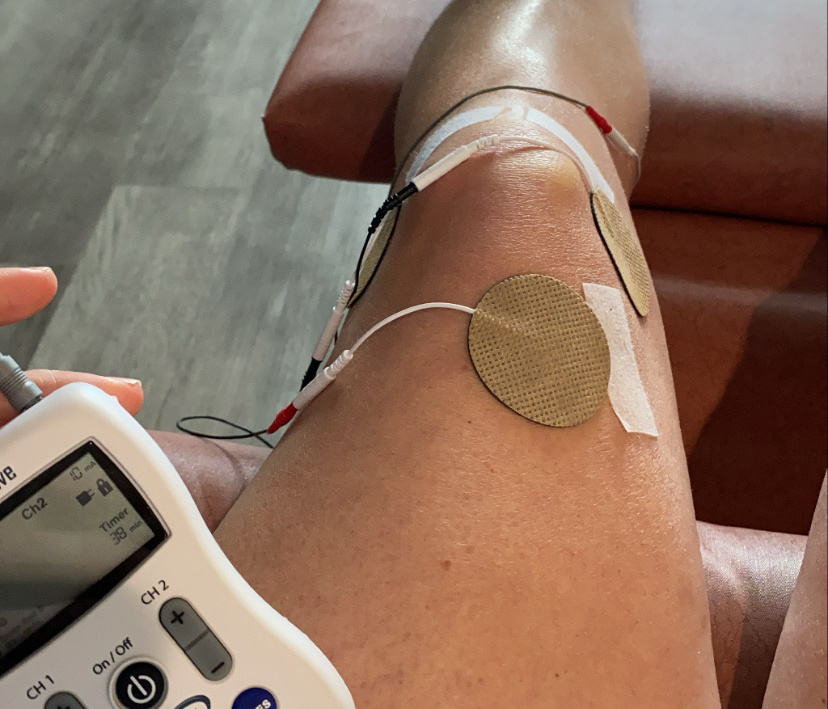





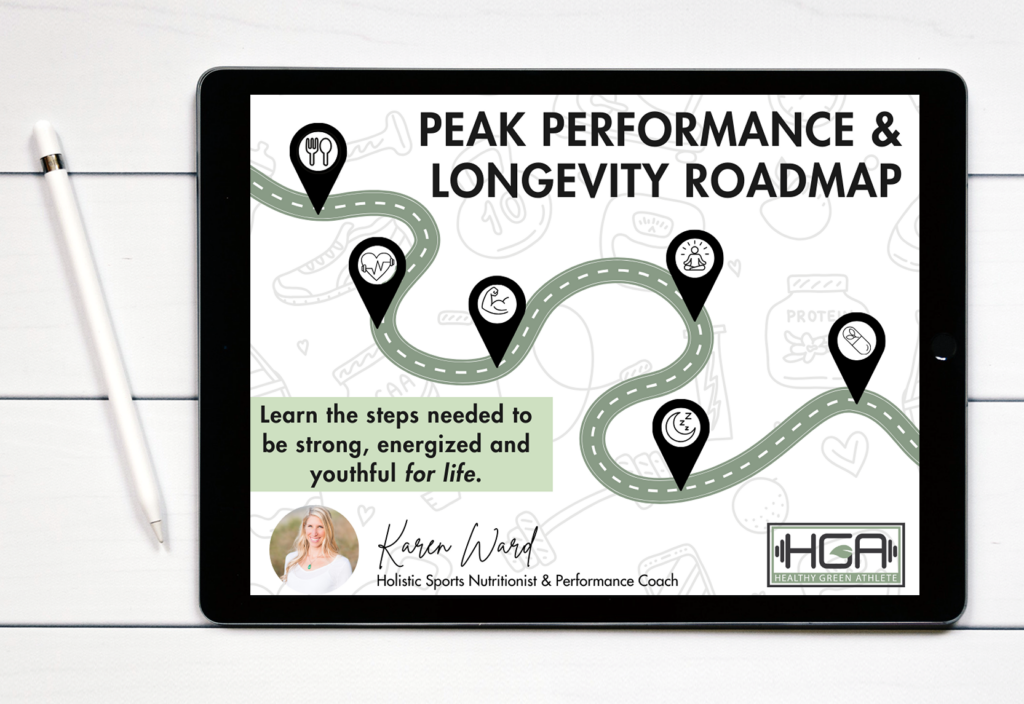
One Comment
Pingback: